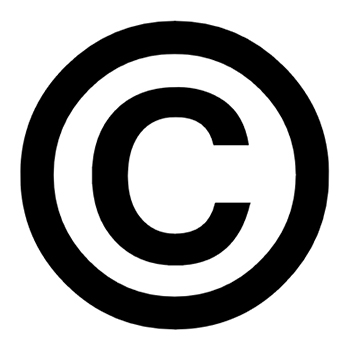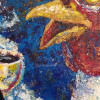Plagiarism is the “wrongful appropriation” and “stealing and publication” of another author‘s “language, thoughts, ideas, or expressions” and the representation of them as one’s own original work. The idea remains problematic with unclear definitions and unclear rules. The modern concept of plagiarism as immoral and originality as an ideal emerged in Europe only in the 18th century, particularly with the Romantic movement.
Plagiarism is considered academic dishonesty and a breach of journalistic ethics. It is subject to sanctions like penalties, suspension, and even expulsion. Recently, cases of ‘extreme plagiarism’ have been identified in academia.
Plagiarism is not a crime per se but in academia and industry, it is a serious ethical offense, and cases of plagiarism can constitute copyright infringement. Thus, plagiarism and copyright infringement might overlap somewhat, but they are not equivalent concepts, and many types of plagiarism do not fall under the category of copyright infringement. Copyright infringement is defined by copyright law and may be adjudicated by courts. Plagiarism is not defined by law, but rather by institutions (including professional associations, educational institutions, and commercial entities, such as publishing companies) and punishment for plagiarism is not set forth by the legal system.
From Wikipedia, the free encyclopaedia












Some recent Comments!